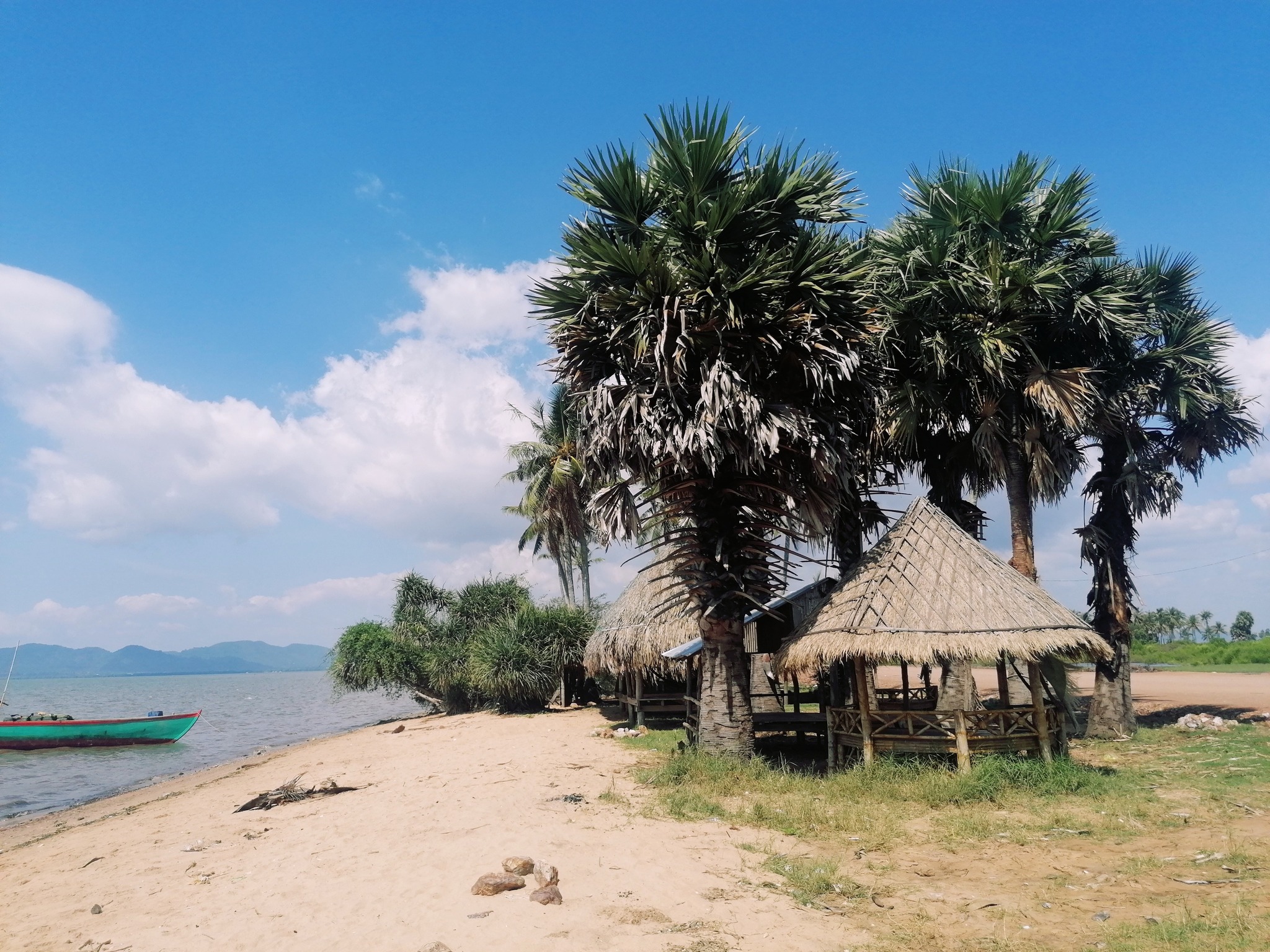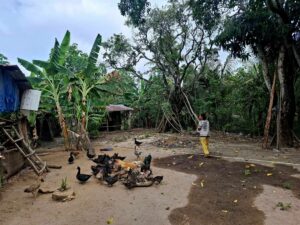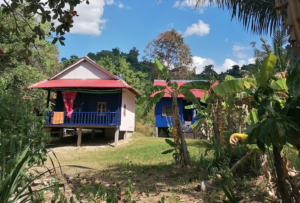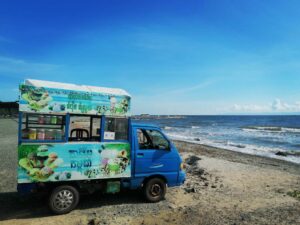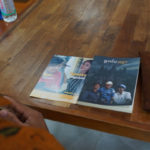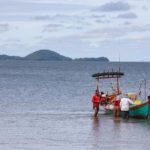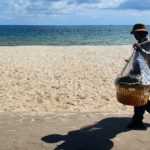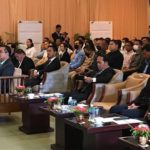Tourism’s ties to colonialism are firmly embedded in Kep, a beach town known as a haven of peace and a paradise for the wealthy. My goal is to promote responsible eco-tourism for the benefit of fishing communities, which is inevitably disrupting a system of oppression. In this blog post, I expose how the instrumentalization of colonial history for foreign profit maintains and reinforces colonial structures and systems and, project an alternative narrative of anti-colonialist truth.
The story of Kep / Krong Kaeb is frequently repeated by foreign-owned luxury resorts and circulated in the media and on tourism information websites. This dominant narrative depicts the town as a beach retreat built by and for the French and Cambodian elites under colonial rule. Today, it is still marketed as a holiday destination, with “polished resorts,” “boutique hotels” and, a “charming colonial decadence.” According to the legend, the famous French actress Catherine Deneuve came to “Kep-Sur-Mer” or what some call “the Saint-Tropez of Southeast Asia.”
While this narrative about this Cambodian province romanticizes colonization, asserts French supremacy and praises the culture of the rich, I shed light on what it has overshadowed: the vast majority of the population who worked under duress during colonial times, as well as local communities that continue to face significant challenges related to poverty and climate injustice today. I propose amplifying the historically and currently underrepresented voices of Kep’s inhabitants in order to dismantle the neo-colonialist agenda.
A truth-telling agenda in tourism
I am convinced spreading an alternative narrative of anti-colonialist resistance has the potential to productively disrupt neo-colonial tourism. Through digital inclusion and public relations, the strategy is to ‘decenter’ strong and powerful corporate voices and to ‘recenter’ the stories of native people that have been marginalized and, thus, fall victims of public indifference or ignorance. Convincing messaging may penetrate mentalities. Words can turn into action and, therefore, into a real impact. The ultimate objective is to encourage national and international tourists to go to local community-businesses and to engage in responsible tourism.
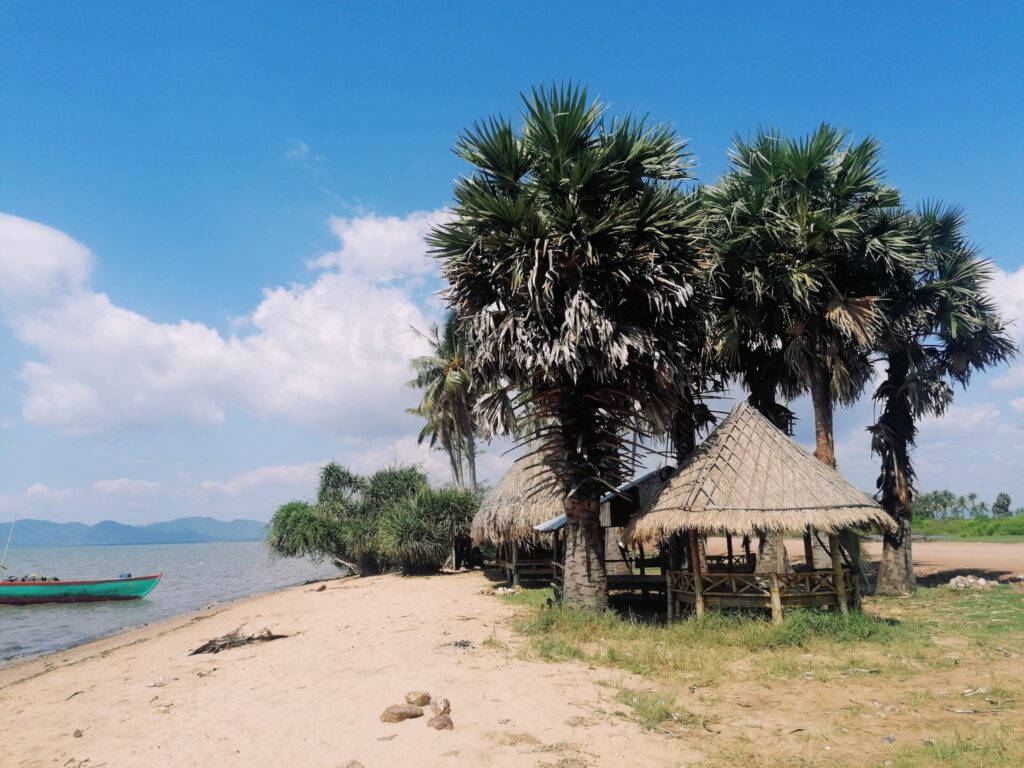
As a communications professional, I believe in the power of argument. As an academic, I believe in the explanatory power of postcolonial theory. Under these analytical lenses, Kep’s high-end resorts and boutique hotels appear to exacerbate social and economic disparities. With powerful promotional strategies and material strength, they attract the majority of international tourists with high or average purchasing power, while local residents often feel uncomfortable and unwelcome at these opulent hotels and establishments. Foreign tourists are rarely directed to Cambodian community businesses that mainly attract national tourists with lower purchase power.
Therefore, I argue tourism in Kep maintains a system of economic and racial segregation that can be traced back to French colonization and colonialist ideology. This neo-colonial industry extracts wealth from Cambodia’s natural capital and local labor, which is then concentrated in the hands of expatriate managers in luxurious resorts. Although these hotels modestly contribute to local employment, the majority of it is in low-wage positions such as cleaning and food preparation. Informing tourists and visitors about this is crucial.
The power of tourism: For people and biodiversity
At a time of climate change, Action Education / Aide et Action (AEA), the NGO where I work, focuses on responsible eco-tourism, which has the potential to provide economic resources to local fishing communities. A distinction is often made between two types of green tourism. While sustainable tourism reduces the negative impact on ecosystems and communities, regenerative tourism has a positive impact. Tree-planting and marine conservation activities on Angkol Beach and in the mangrove forest are examples of regenerative tourism, which gives more to people and wildlife than it takes.
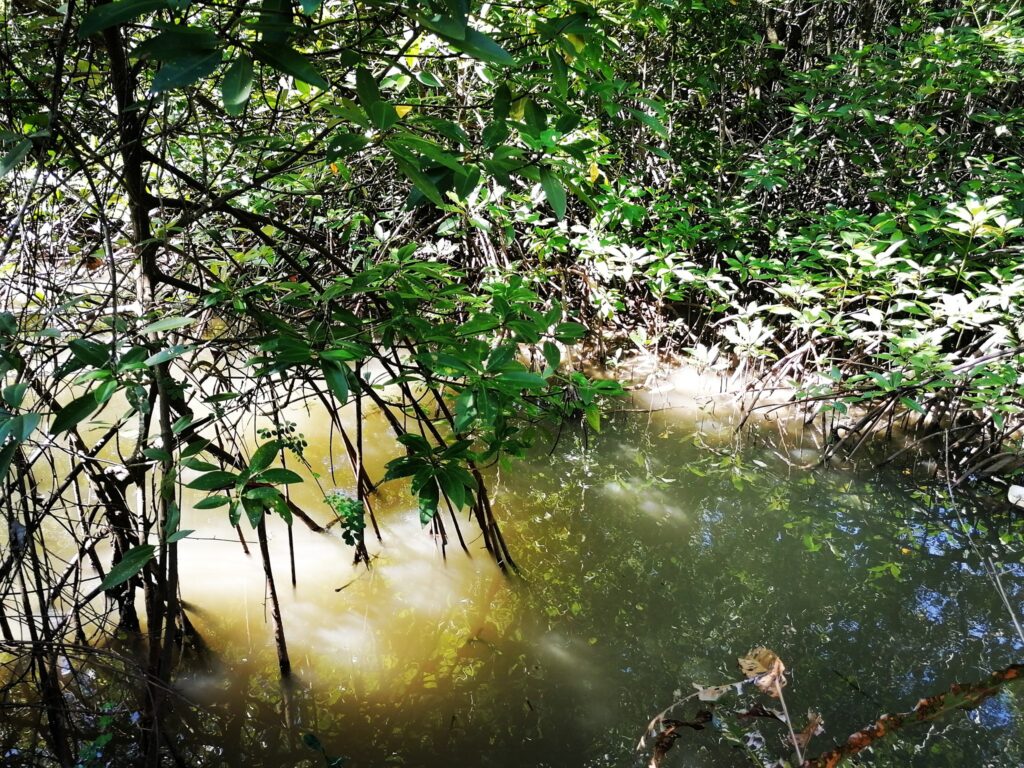
Our overall objective is to increase the competitiveness of community businesses. To this end, we will raise public awareness through the promotion of responsible and regenerative eco-tourism, hoping to gain momentum during the hot season. Through advocacy and digital inclusion, my goal will be to empower people who have been undervalued, marginalized, and silenced for centuries. We hope to motivate travelers to meet Cambodian people, to protect and restore plants and wildlife and, to engage in the global fight for social justice and economic equality.
I hope that our communication initiatives will make tourists understand they have power. A lot of power. The power is in their decisions while traveling abroad. They have the power to protect and restore our ecosystem. They have the power to provide vital economic resources to fishing communities. They do not need to support a business elite in Kep that only invests in increasing its own wealth. They do not need to buy the lie of “Kep paradise” promoted by foreign-owned resorts. They have the power to create it. They have the power to dismantle racial and economic segregation. They have the ultimate power to dismantle the neo-colonialist industry of tourism.
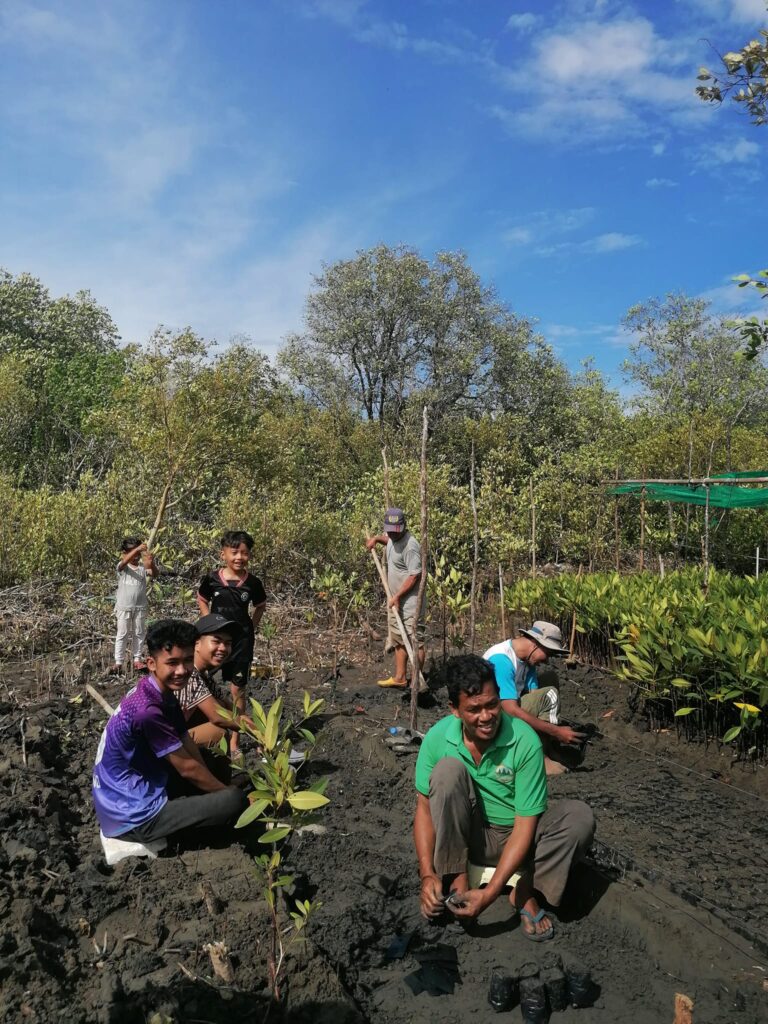
Disclaimer: The opinions expressed in this blog post are postcolonial and those of the author. They do not purport to reflect the opinions or views of AEA or its partners.



